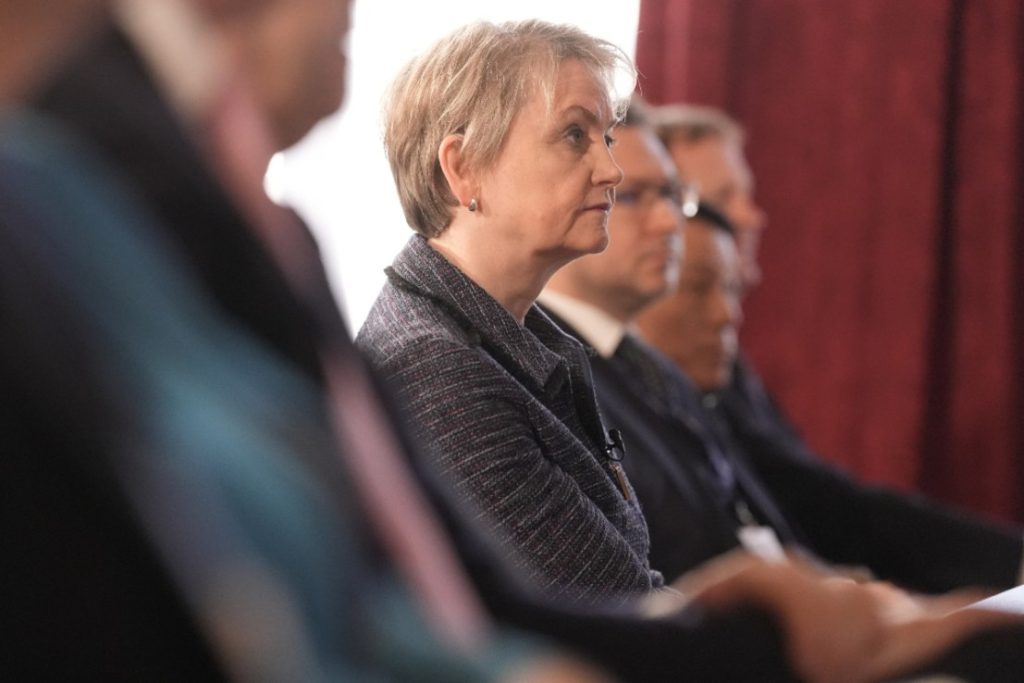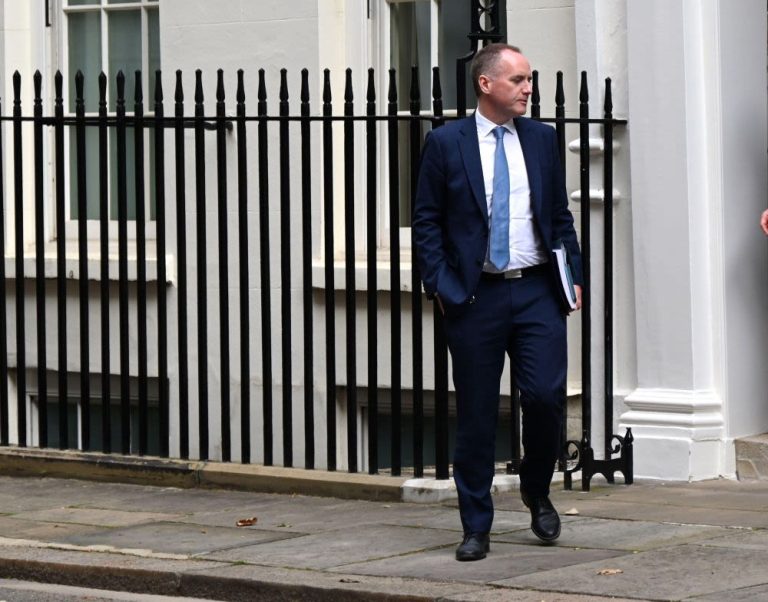
UK plans prison sentences up to five years for online smuggling ads
The Home Office has unveiled new measures aimed at silencing the social media adverts that lure migrants into dangerous Channel crossings. Under proposed amendments to the Border Security, Asylum and Immigration Bill, anyone who promotes small-boat crossings or offers fake passports online could face up to five years behind bars and hefty fines.
Why ministers are taking action now
With more than 25,000 migrants arriving in the UK by small boat so far this year—a record figure for this stage—ministers say urgent steps are needed. The new offence would extend beyond simply encouraging illegal entry to outlaw the promise of job placement and accommodation once in Britain. Officials hope the threat of tough jail terms will deter organised gangs from using Facebook, WhatsApp groups or other platforms to pitch £10,000–£20,000 “package deals.”
Current law and its limitations
At present, assisting illegal immigration is already an offence under UK law. However, prosecutors and the National Crime Agency (NCA) have found enforcement challenging when it comes to the digital realm:
- No specific offence targets online advertisements of crossings, forcing police to rely on broader anti-smuggling statutes.
- Criminals exploit the complex jurisdiction of social networks to quickly repost removed adverts under new accounts.
- Gangs use encrypted messaging apps to privately promote their services, evading public notice.
The proposed legislation aims to fill these gaps by creating a standalone digital offence, giving law enforcement clearer powers to pursue offenders.
How the new offence will work
If passed, the law would:
- Criminalise any online offer or facilitation of small-boat crossings, false travel documents or illegal working promises.
- Impose up to five years’ imprisonment and unlimited fines on conviction.
- Allow courts to seize websites, adverts and communications supporting the offence.
- Enable police and immigration officers to obtain court orders compelling social platforms to preserve evidence of offending posts.
Social media companies would be required to cooperate with requests from the NCA and other agencies, with failure to comply triggering penalties, including site-blocking orders.
Social media’s role in Channel crossings
Analysis by the Home Office reveals roughly 80% of migrants who cross the Channel by small boat report using social media at some point in their journey. Platforms serve as the main point of contact with unscrupulous “fixers” who:
- Broadcast arrival slots, departure locations and safety tips.
- Promise jobs or accommodation on arrival in the UK, charging thousands of pounds upfront.
- Co-ordinate rendezvous points and instruct migrants on how to evade authorities at ports.
Despite voluntary action by tech firms—more than 8,000 offending posts were removed in 2024—the problem persists. The NCA’s director general of operations, Rob Jones, says a dedicated offence will give agencies “more options” to dismantle these criminal business models.
Examples of smuggling ads
Officials cite high-profile prosecutions that would have been easier under the new law:
- A Preston-based smuggler jailed for 17 years after posting videos of migrants praising his services on social media.
- Albanian organised crime groups advertising £12,000 “all-inclusive” Channel crossings complete with a job and housing package.
- Encrypted WhatsApp groups selling fake passports and smugglers’ contact details in broad daylight.
Political reaction divides
Labour’s Home Secretary Yvette Cooper said promoting life-threatening crossings for profit is “nothing short of immoral.” She vowed the new offence will “stop criminals wherever they operate.”
By contrast, the Conservative Party branded the measures “too little, too late.” Shadow Home Secretary Chris Philp argued only their proposed Deportation Bill—which allows immediate detention and removal of arrivals via unauthorised routes—offers a “no-nonsense strategy” to end small-boat crossings once and for all.
Balancing deterrence and rights
Civil liberties groups caution that harsher penalties could drive smuggling further underground. They call for:
- Safeguards to protect freedom of expression, ensuring innocent content is not swept up.
- Clear definitions so that legitimate sharing of travel advice for refugees and legitimate organisations is not criminalised.
- Independent oversight to review takedown requests from government agencies.
Ministers say the Bill includes carve-outs for genuine humanitarian or journalistic reporting.
Next steps in Parliament
The Border Security, Asylum and Immigration Bill is currently making its way through Commons debates. If the new online offence is approved, the UK would join a growing list of countries outlawing digital facilitation of irregular migration, from France to Australia.
Lawmakers and campaigners will now examine the Bill’s draft clauses in detail, determining whether its scope is sufficiently broad to catch modern smuggling methods without overreach. The hope is that, once enacted, the offence will starve criminal gangs of their prime advertising channels and ultimately save lives at sea.





